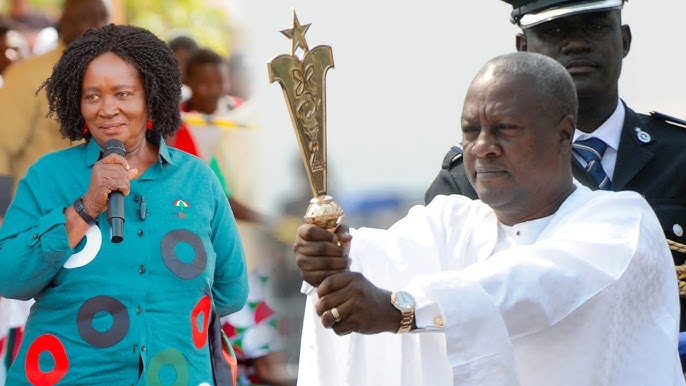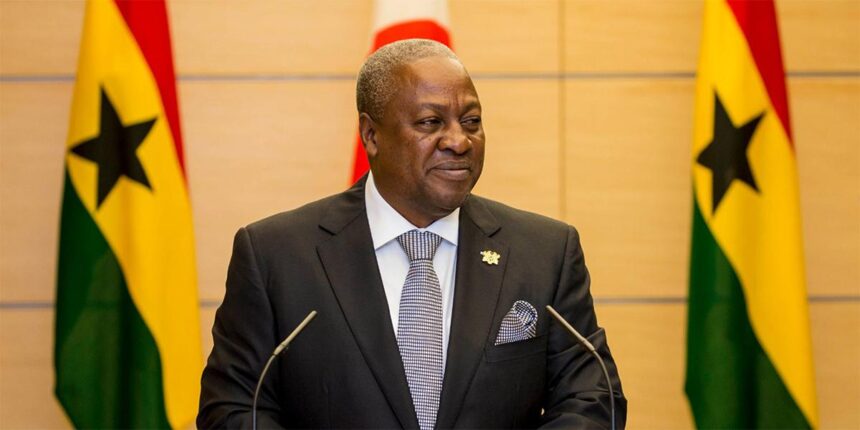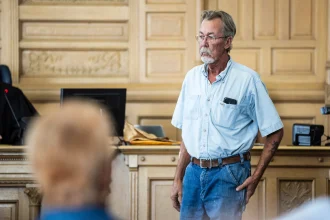Today, January 7 2025, all eyes are on Accra as president-elect, John Dramani Mahama prepares to be sworn in as Ghana’s next president. This historic occasion marks Mahama’s return to presidency after previously leading the nation from 2012 to 2017. His victory in the December 7 election, where he secured 56.55 percent of votes, signals an important shift in Ghana’s political trajectory and reflects the public’s trust in leadership.
Today’s inauguration is historic not just for John Dramani Mahama’s return to the presidency but also for the swearing-in of Ghana’s first ever female Vice President and new First Lady, Mrs. Lordina Mahama. As the nation’s First Lady, she is set to play a pivotal role in championing social causes, with a particular focus on women’s empowerment, healthcare, and education. Her presence adds a fresh dynamic to the administration, with many looking forward to the impact of her leadership on key national initiatives.
The inauguration ceremony, taking place at the Black Star Square, has drawn large crowds, including local citizens, high-ranking government officials, and a host of international dignitaries. A prominent delegation from the United States, sent by President Joe Biden, is among the attendees, emphasizing the global importance of this peaceful democratic transition. This event highlights Ghana’s reputation as a beacon of democracy in a region often challenged by political unrest.
As Mahama prepares to take the oath of office today, Ghana still faces numerous pressing challenges. The economy remains a top priority, with citizens grappling with high inflation, rising youth unemployment, and an ongoing cost-of-living crisis. Additionally, the energy sector is in urgent need of attention, as its debt burden, which exceeds 2.5 billion dollars, continues to disrupt power supply across the nation.

In his inaugural address, Mahama is expected to outline his vision for tackling these critical issues. His priorities include combating corruption, stimulating economic growth, and investing in key sectors like agriculture, infrastructure, and education. A notable part of his agenda involves reforming the Ghana Cocoa Board. By ensuring direct payments to farmers and improving efficiency, Mahama hopes to strengthen the cocoa sector, which is a cornerstone of the nation’s economy.
Another immediate task awaiting the new administration is implementing the provisional budget recently passed by parliament. The budget allocates 68.1 billion Ghanaian cedis for government operations through March, with a significant portion earmarked for addressing energy sector debts. This highlights the urgency of finding sustainable solutions to Ghana’s power crisis.
As Ghanaians watch this pivotal ceremony unfold, there is a mix of hope and cautious optimism. Many citizens believe that Mahama’s leadership can steer the nation toward stability and progress, addressing longstanding challenges while restoring public trust in government. His return to power signals not just continuity but a renewed commitment to confronting the country’s pressing concerns. This is the newsgod. Keep it locked here as we continue to bring you updates.















